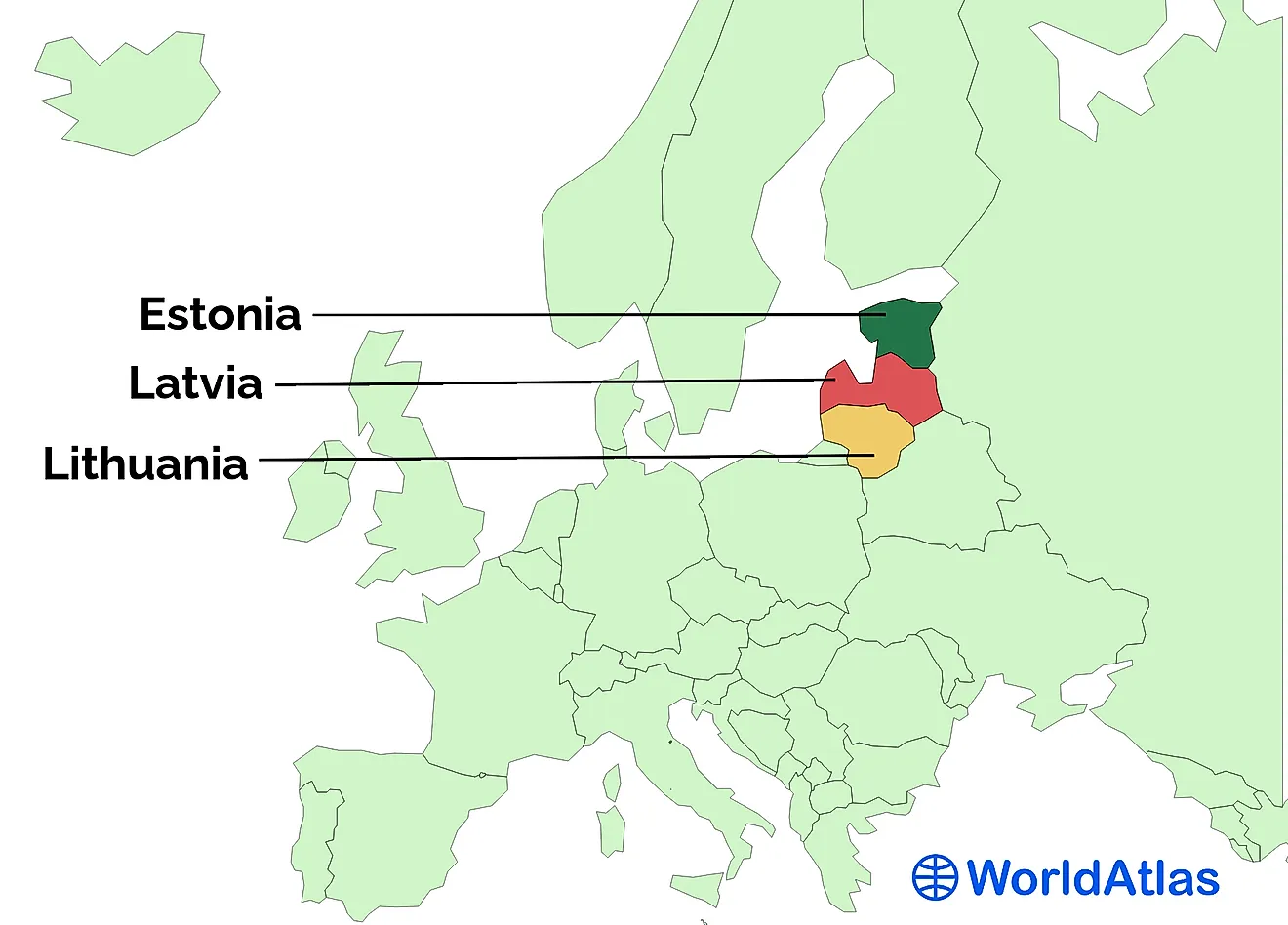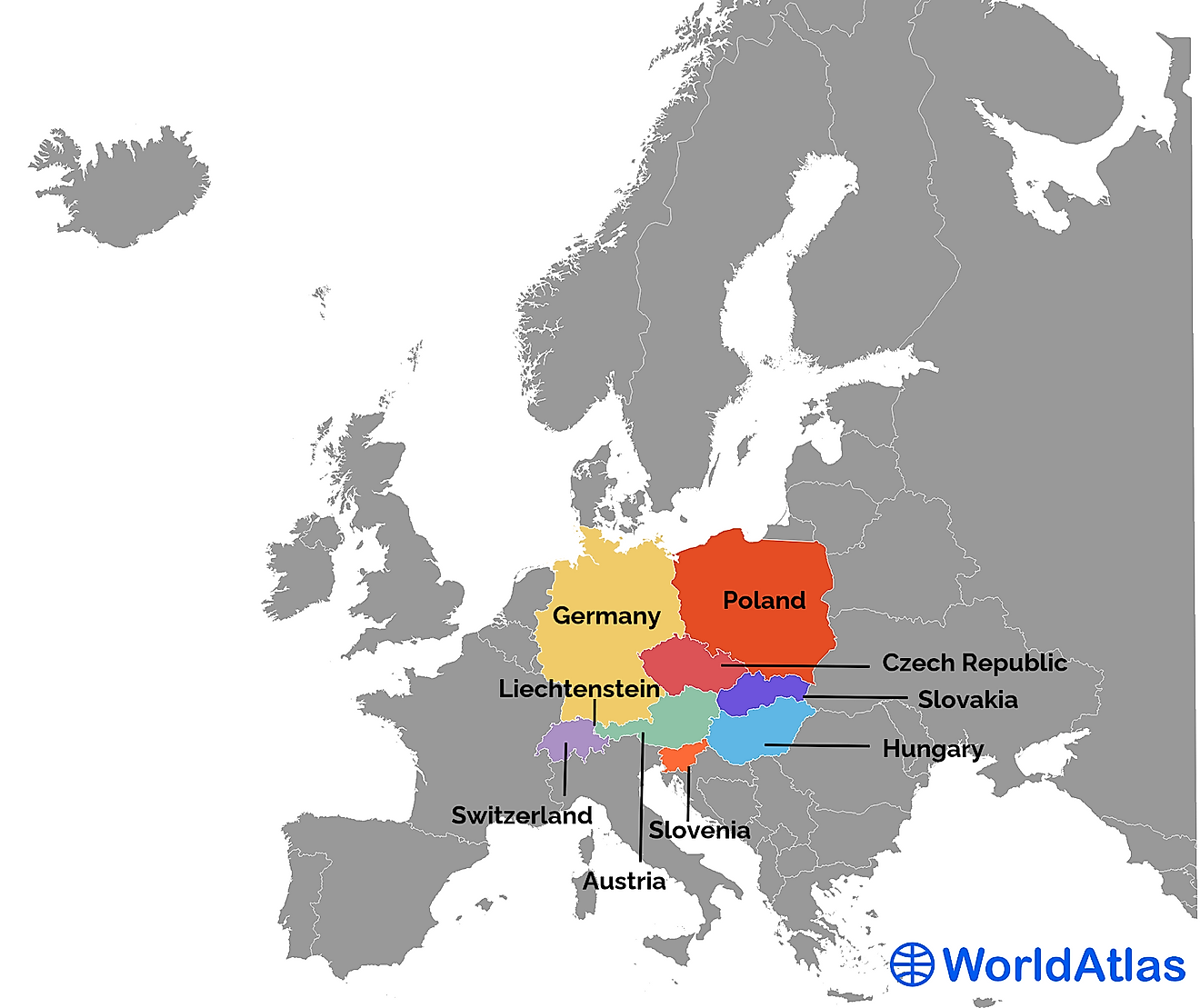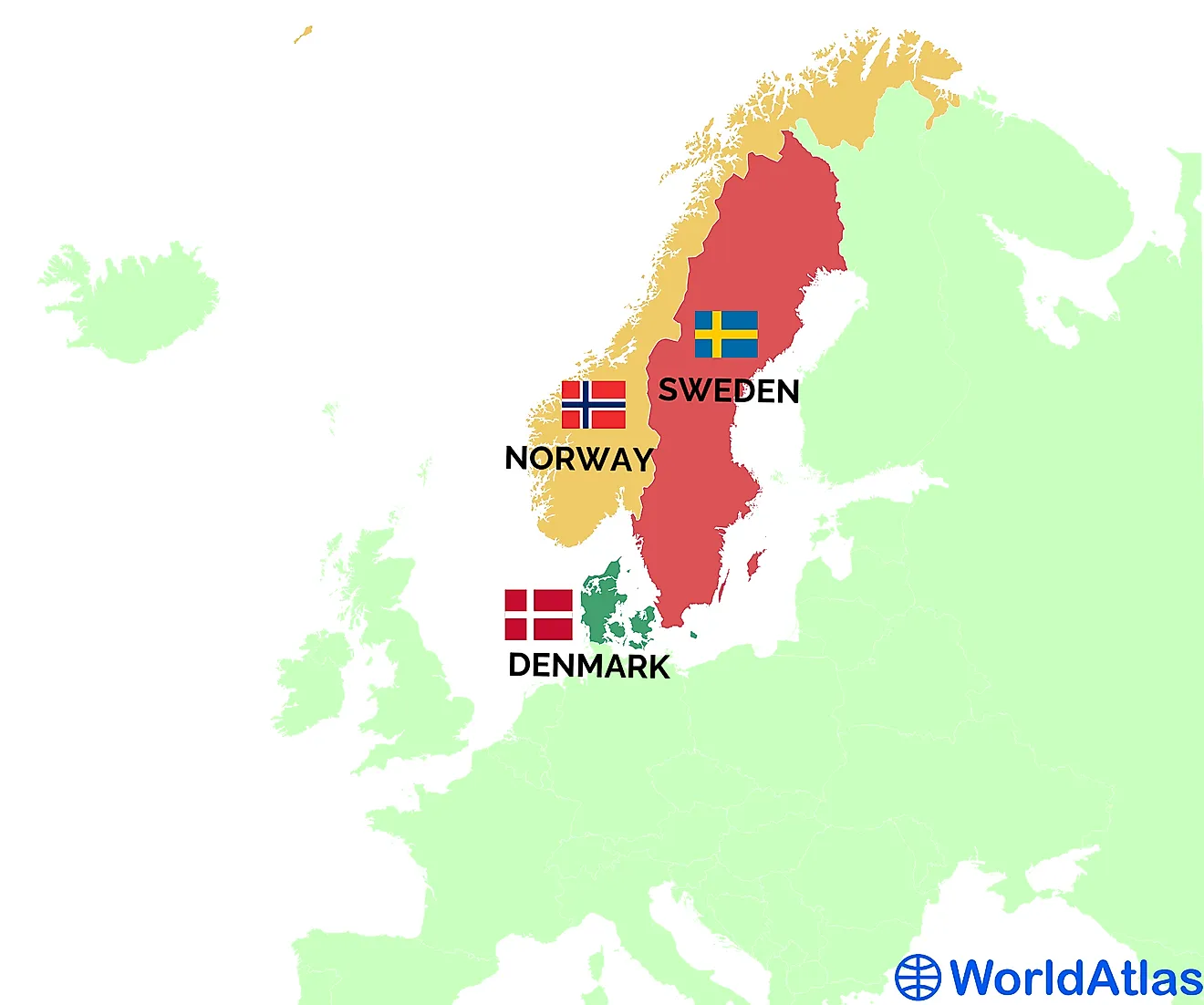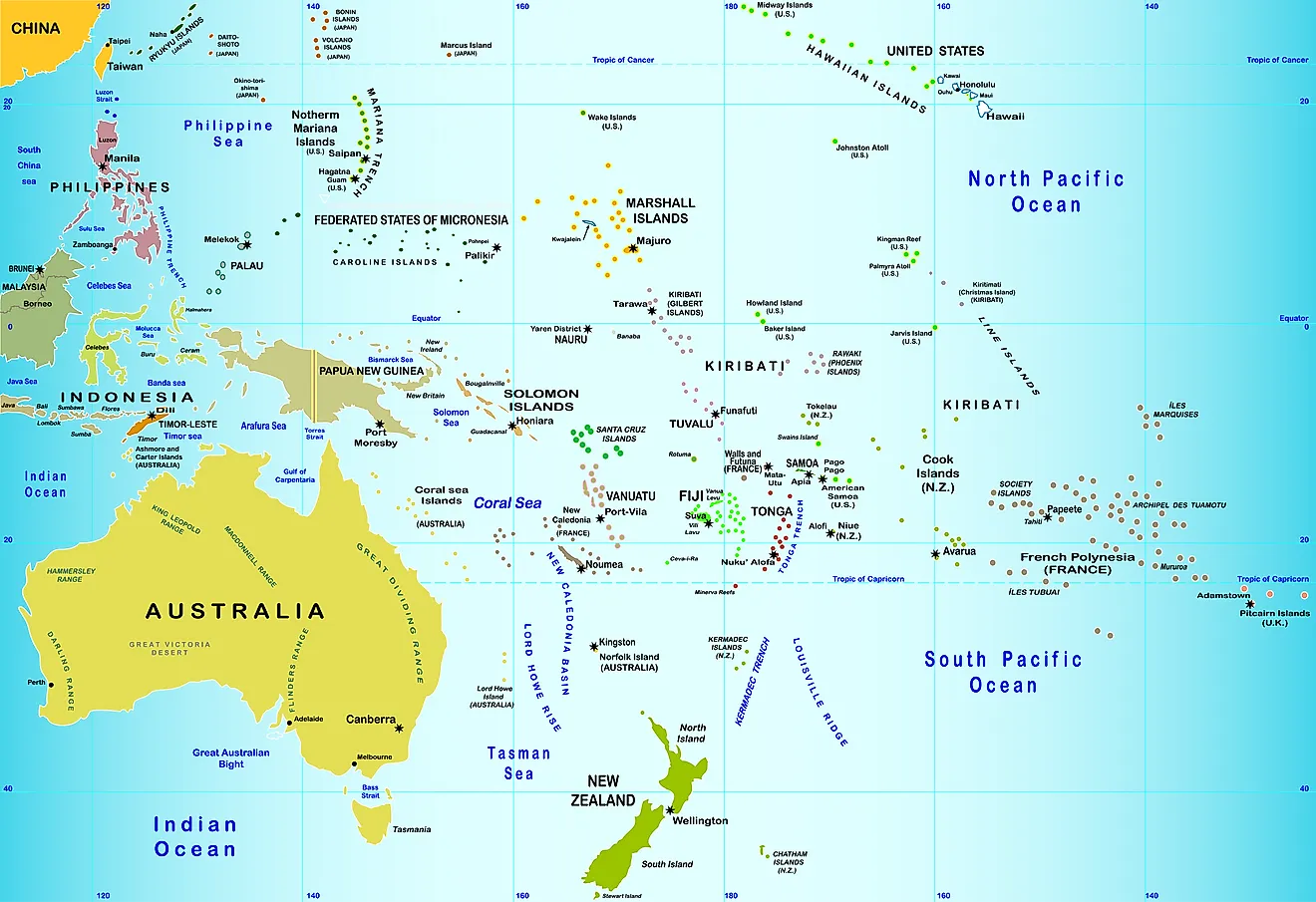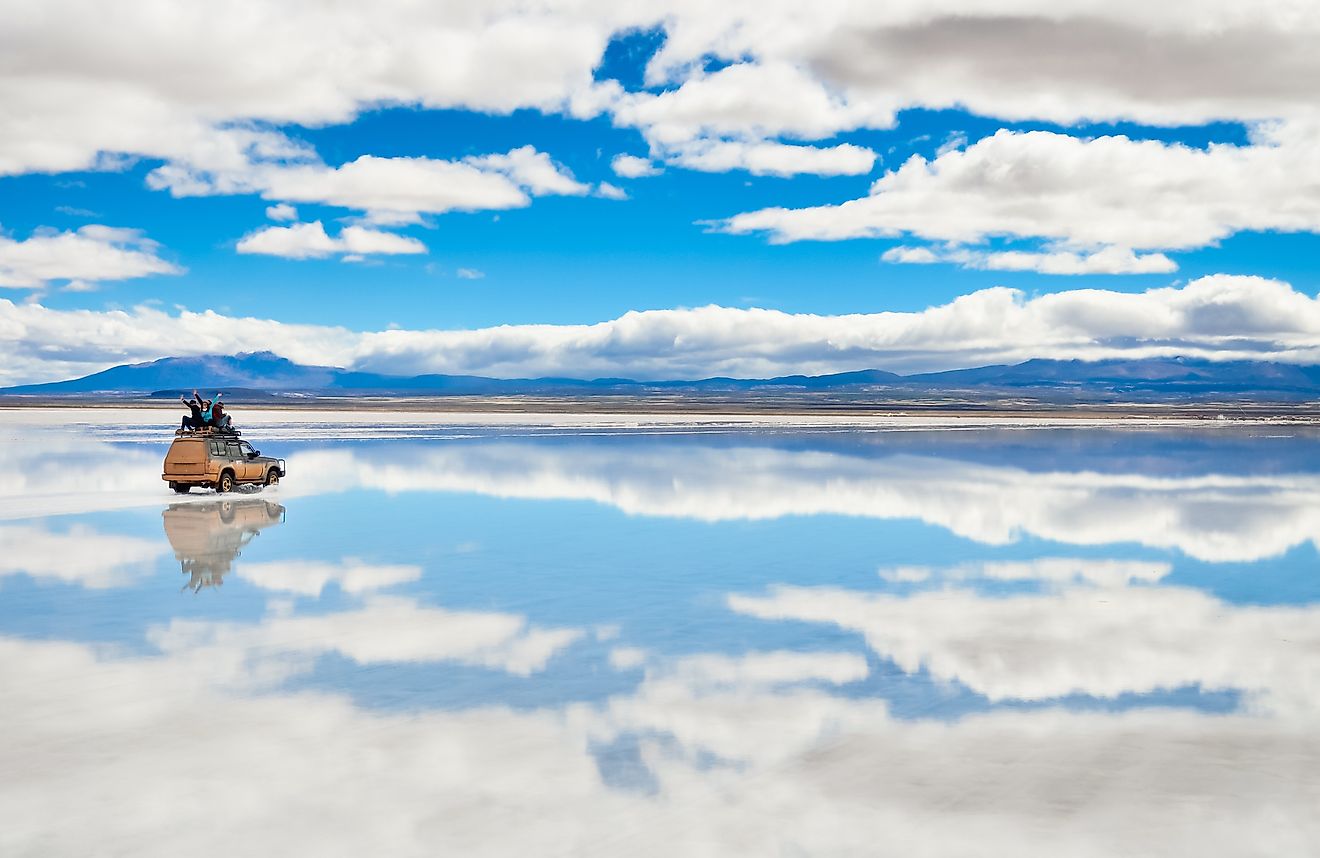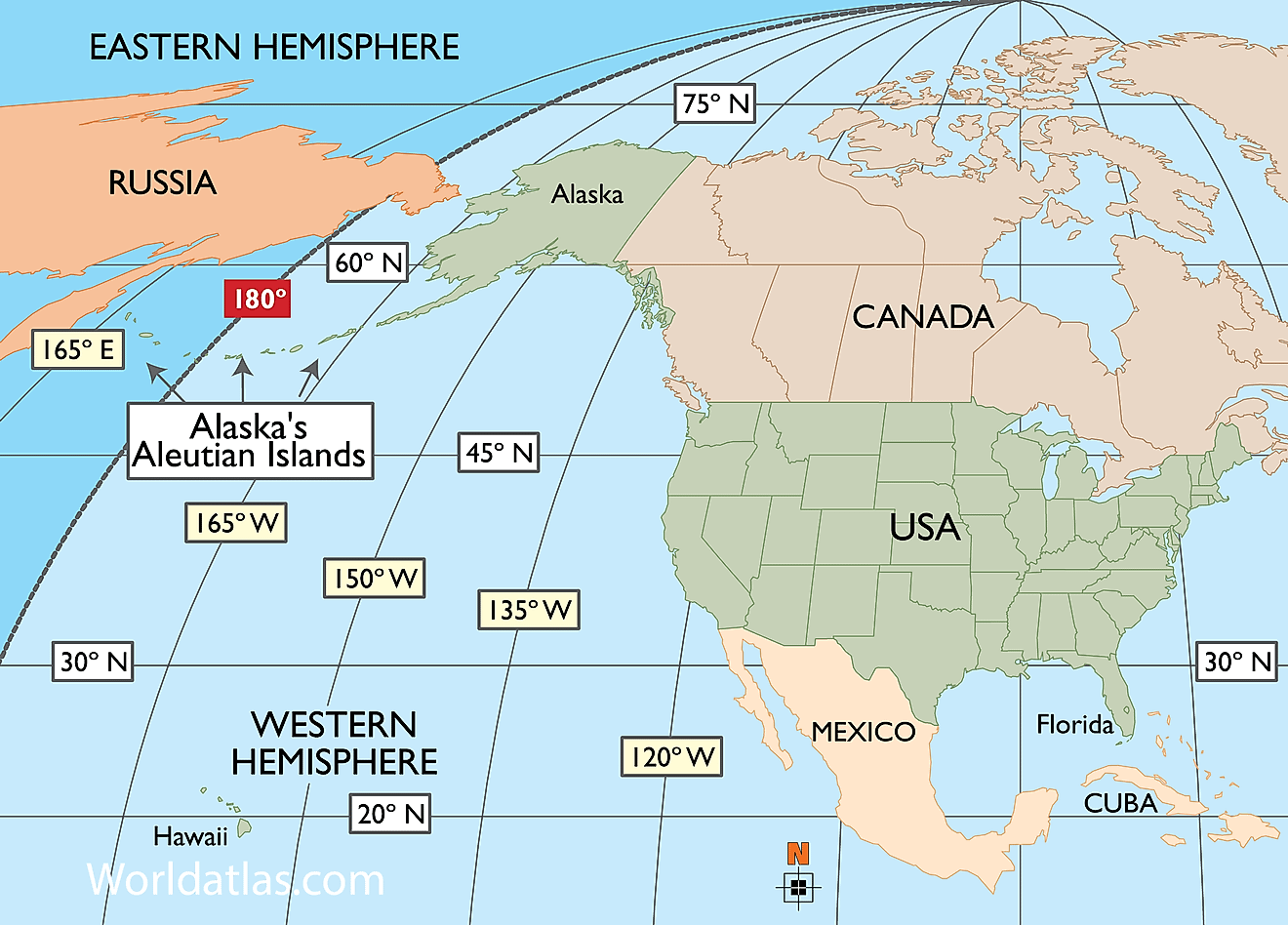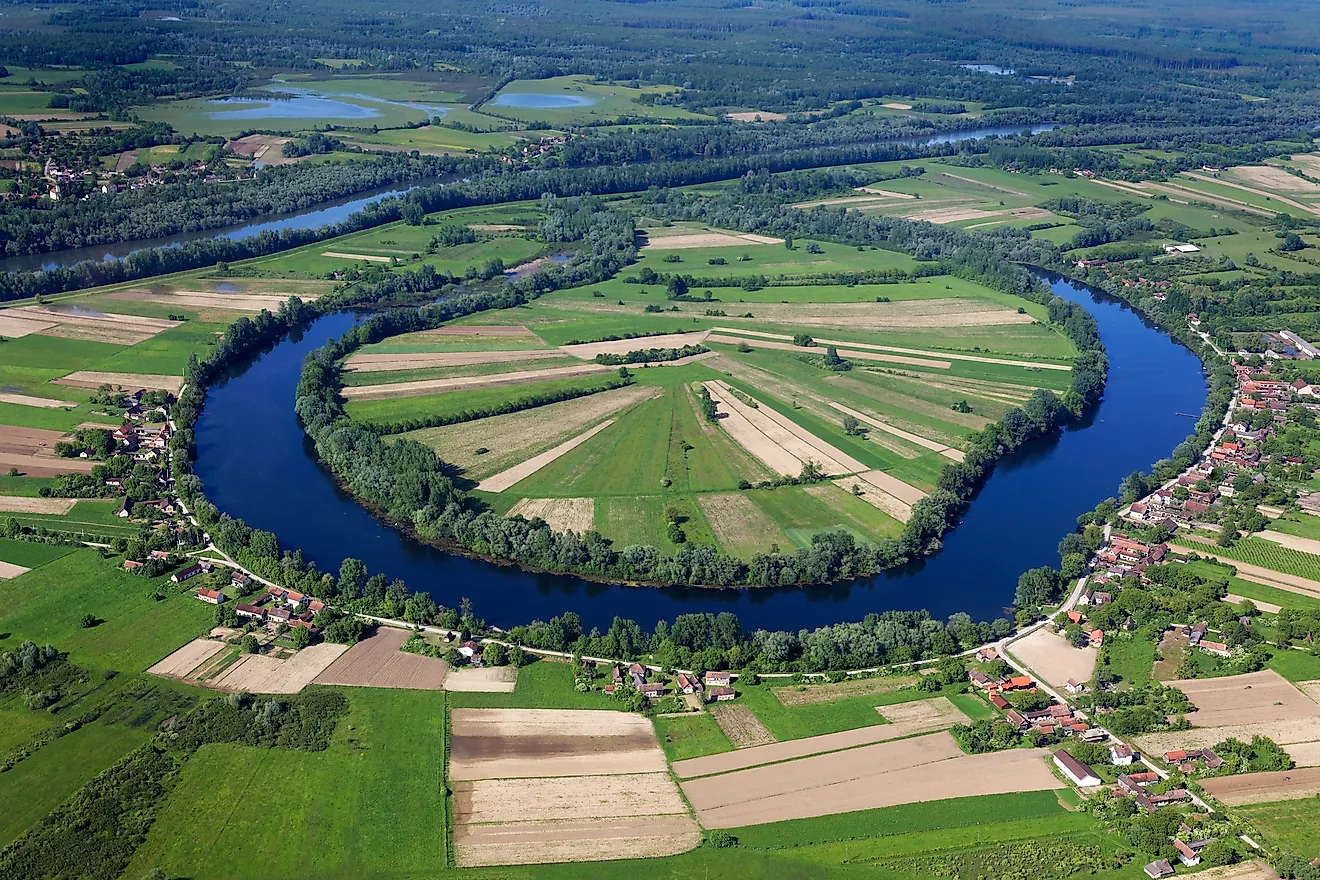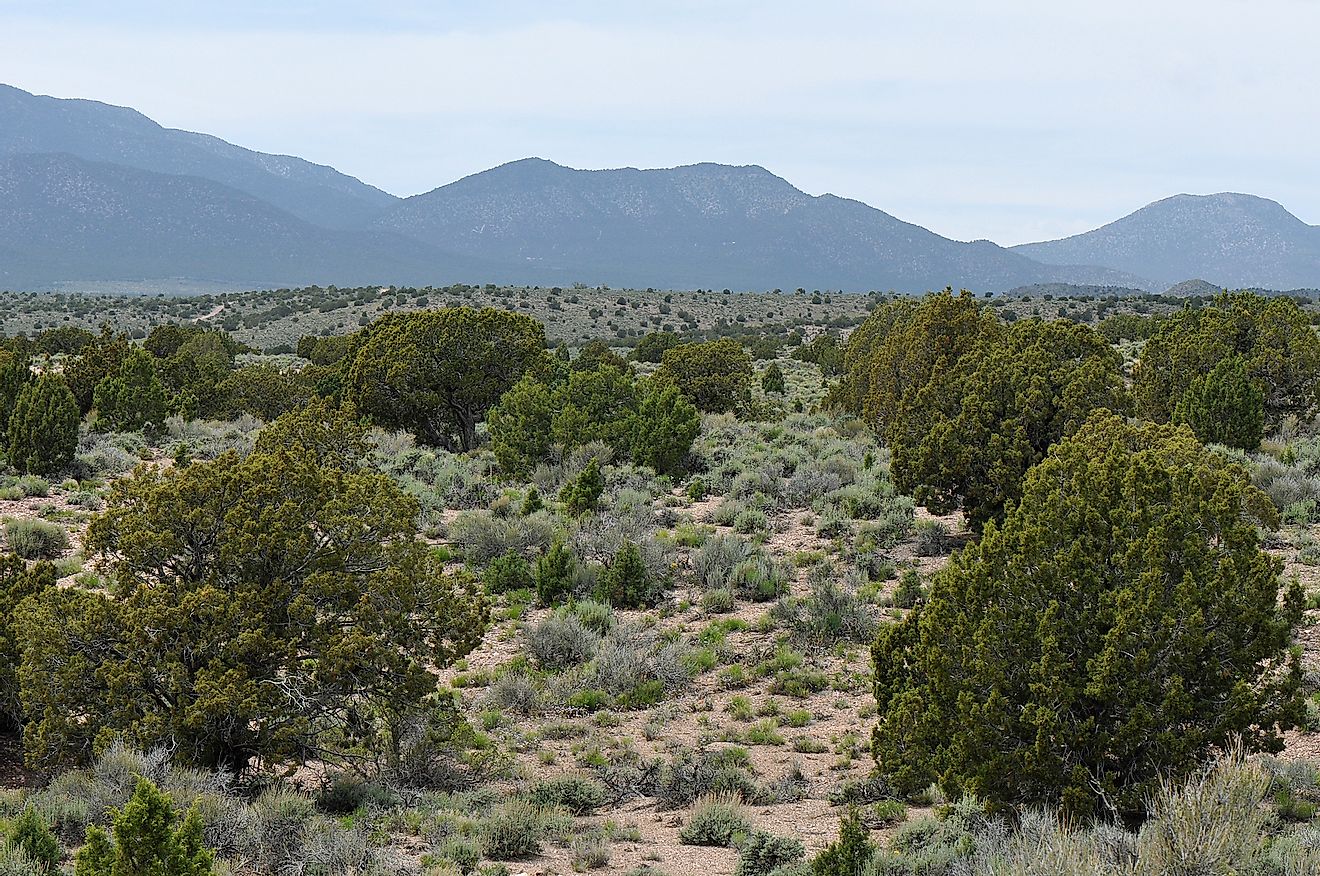The Lost City Of Atlantis
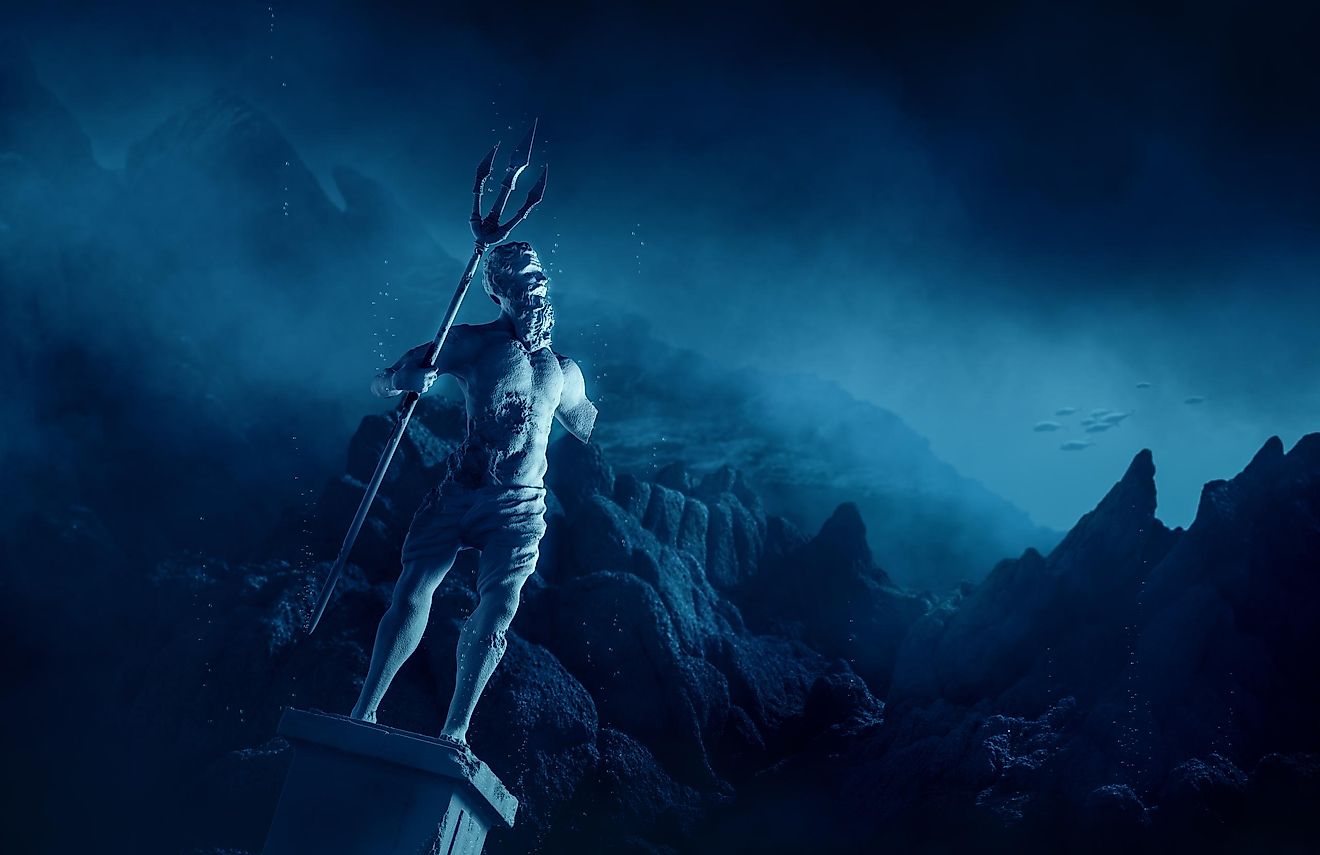
- Atlantis first appeared in Plato's dialogues Timaeus and Critias in 360 BCE.
- Atlantis is named after Poseidon's son Atlas, who is also the namesake of the Atlantic Ocean.
- Atlantis was said to exceed the combined land area of Asia Minor and Libya.
The lost city of Atlantis has long been an engrossing mystery, and the subject of much public speculation, conjecture, and wonder. According to legend, Atlantis was populated by an advanced society which perished after the island subcontinent was submerged beneath the waters of the Atlantic Ocean somewhere past the Pillars of Hercules (assumed to be the Strait of Gibraltar). The name Atlantis is derived from the ancient Greek term for "island of Atlas."
Atlantis was mythologized to have been founded by Poseidon, the Greek god of the seas. He made his son Atlas the king and named the city after him, as well as the ocean around it, hence the Atlantic Ocean. The fabled city, which supposedly occupied a sizable landmass, was inhabited by a civilization that routinely waged wars against those neighboring communities occupying the eastern areas skirting the Mediterranean Sea. Because the gods grew increasingly unhappy with the vanity, greed, and corruption dominating the society of Atlantis legend has it that 9,000 years ago, in an effort led by Zeus, the Greek gods sunk Atlantis as punishment for its aggression, hubris, and misbehavior.
Literary Origins
The origin of the Atlantis fable can be traced all the way back to 360 BCE when the lost city appeared in two of Plato's dialogues, Timaeus and Critias. The ancient Greek scribe described Atlantis as an Eden-like environment brimming with natural resources, mountains, and exotic fruit. The city was also portrayed as being home to an array of plants and animals, including elephants. Plato portrayed Atlantis as playing host to a powerful and progressive society. In terms of size, Plato's writings describe a large continent bigger than the combined land area of Asia Minor and the country of Libya.
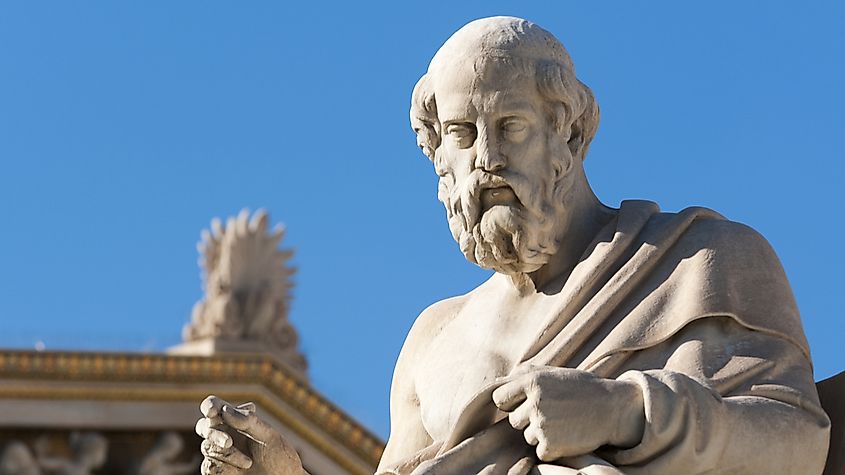
Because there are no records or historical accounts of the legendary lost city before Plato wrote about it, most historians and scholars believe that the ancient Greek philosopher is solely responsible for creating our modern-day concept of Atlantis as a large ancient city lost forever beneath the ocean waves. In creating Atlantis, it seems Plato was writing a moralistic fable showing the consequences of corruption and arrogance.
A Fictional City
Despite being widely considered as fiction, the myth surrounding Atlantis has remained part of popular culture for millennia. Modern attempts to locate the mysterious city have resulted in an array of theories spanning the globe including locations as far-ranging as the Atlantic Ocean, the Caribbean, Bolivia, Turkey, Germany, and Antarctica. In Plato's writing, however, the location of the lost underwater city is described as being in the Atlantic Ocean past the mouth of the Mediterranean Sea, the Gibraltar Strait.
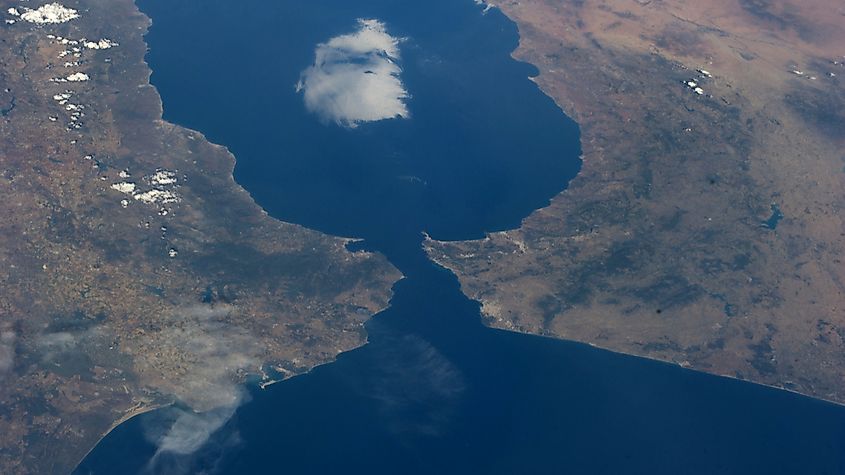
An array of evidence has been found pointing to the fictitious nature of the story surrounding the fabled city. This includes geological information concerning the mechanics of plate tectonics and continental drift.
Popular Culture
The mysterious city of Atlantis continues to serve as the inspiration for a wide range of artists and writers from various artistic disciplines. In the years since Plato's time, the mythical city has appeared in various artistic materials in literature, comic books, movies, paintings, television shows, and even music and video games. Popular films featuring Atlantis include works such as the 1995 hit film Cocoon, the 2001 Disney animated movie Atlantis: The Lost Empire, and the 2018 feature Aquaman.
